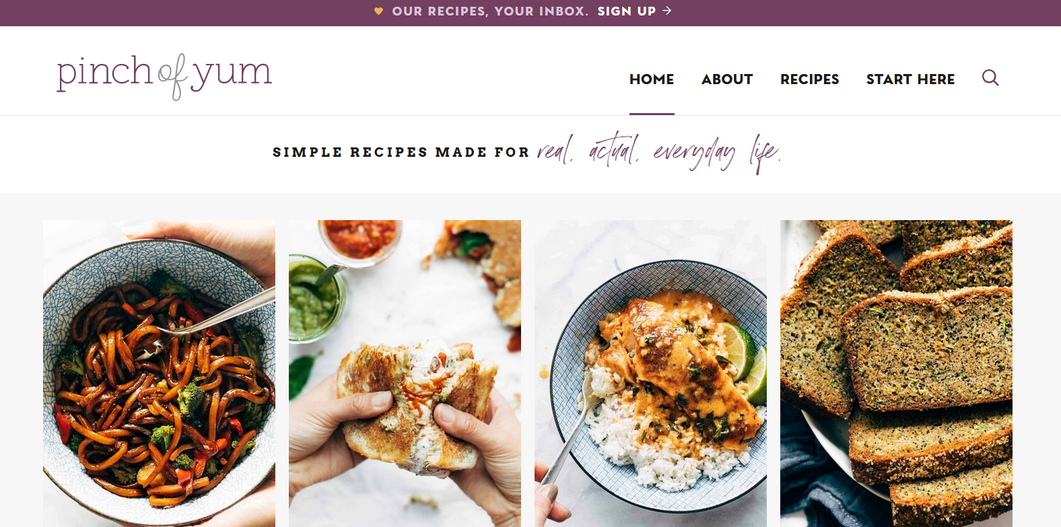Food blogging is a popular way for home cooks and food enthusiasts to share their recipes, culinary experiences and knowledge with the world. It gives an opportunity to connect with other people who share a passion for food and cooking. Food bloggers can share their recipes, cooking techniques, ingredient spotlights, and food-related travel experiences. They can also build a community of like-minded people who share their passion for food. Food bloggers can use social media and search engine optimization to increase their reach and connect with a larger audience.
Food blogging also gives an opportunity for the blogger to express their creativity and individuality. They can experiment with different types of content, photography, and recipe format to make their blog unique. They can also collaborate with other bloggers and brands to create new opportunities and increase their reach. As a food blogger, it’s important to remember that food blogging is a passion project, so make sure to have fun and be true to yourself. Share your unique voice and perspective, and don’t be afraid to experiment and try new things.
Here are some tips to get you started:
- Write engaging and detailed recipe descriptions. Your readers want to know what they can expect when they make your recipe, so make sure to include a detailed description of the flavors, textures, and overall experience of your dish. Use descriptive language to make your recipe sound irresistible.
- Use high-quality images. Food is a visual medium, and readers are more likely to try your recipe if they can see a mouth-watering photo of it. Make sure to use good lighting and a high-resolution camera to take pictures of your dishes.
- Be consistent with your recipe format. Use a consistent format for your recipes that includes headings for ingredients, instructions, and notes. This makes it easy for readers to follow your recipe and find the information they need.
- Include nutritional information. Many readers are interested in the nutritional content of their food, so make sure to include this information in your recipes. You can use online tools to calculate the nutrition of your recipes, or hire a nutritionist to help you.
- Make your recipes shareable. Make sure to include social media sharing buttons on your blog, so readers can easily share your recipes with their friends and followers. You can also use recipe plugin or recipe card to make it easy for readers to print out or save your recipe.
- Build a community. Food blogging is not just about sharing your recipes, it’s also about building a community of like-minded people who share your passion for food. Respond to comments, engage with your readers on social media, and create opportunities for readers to share their own recipes and experiences.
- Optimize your recipes for search engines. Make sure to include relevant keywords in your recipe titles, descriptions, and tags, so they are more likely to show up in search engine results.
- Experiment with different types of content. Recipe posts are great, but they’re not the only type of content you can create. Consider writing about cooking techniques, kitchen equipment, ingredient spotlight, or food-related travel experiences.
- Collaborate with other bloggers and brands. Partnering with other bloggers and brands can help increase your reach and give you new opportunities to create content. You can collaborate on recipe roundups, sponsored posts, or social media campaigns.
- Have fun and be yourself. Remember that food blogging is a passion project, so make sure to have fun and be true to yourself. Share your unique voice and perspective, and don’t be afraid to experiment and try new things.
In conclusion, Food blogging is a great way to share your recipes and culinary experiences with the world. To make sure your recipes are engaging, shareable, and stand out, write engaging and detailed recipe descriptions, use high-quality images, be consistent with your recipe format, include nutritional information, make your recipes shareable, build a community, Optimize your recipes for search engines, Experiment with different types of content, Collaborate with other bloggers and brands, and have fun and be yourself. Remember, food blogging is a passion project, so make sure to enjoy the process and be true to yourself.
